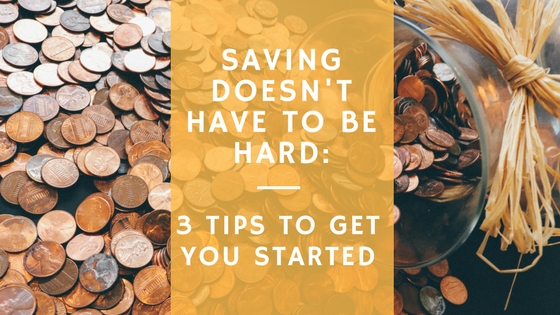In the past few years, many businesses have shown their commitment to adopting more sustainable production methods. No matter the size, every organization can play a role in reducing its environmental footprint. Surprisingly, the current generation prefers to buy green products. Therefore, companies that will demonstrate high sustainability credentials will gain numerous customers who want to buy green.
For instance, manufacturers can reduce carbon emissions by sourcing closer to home. When raw materials are transported for short distances, it helps cut both transport costs and carbon emissions. Besides, leaders who have a passion for conserving the environment can shift to renewable energy sources.
Find an Inspiration
Walk away from your comfort zone and start doing something new that challenges you. Learn from these things and find inspiration in them
Leverage Technology
Technology is changing every aspect of life, including how consumers interact with brands and how they buy products and services. For example, online sales have doubled in the past five years. Additionally, organizations are using machines to understand customer needs better. This means that businesses must stay on top of the latest innovations to remain competitive in their respective industries.
Share Your Success
Entrepreneurship is a murky journey characterized by ups and downs. Therefore, successive entrepreneurs should consider sharing their experiences with novice business people. When you balance profit and purpose, your impact is significant and tangible, and more consumers will want to be associated with your business.
Understand Your Purpose
Purpose goes beyond providing high-quality goods and services to consumers. It also means that your business prioritizes the common good of the community. For example, some companies such as Unilever have already developed a unique living plan to track their progress of minimizing their environmental footprint. Business leaders should devote time to learn about societal impact and how to improve it.
To change business operations to meet new expectations requires exceptional and visionary leadership. In today’s versatile business world, leaders who will adopt agility will be in a better position to achieve long-term success.



